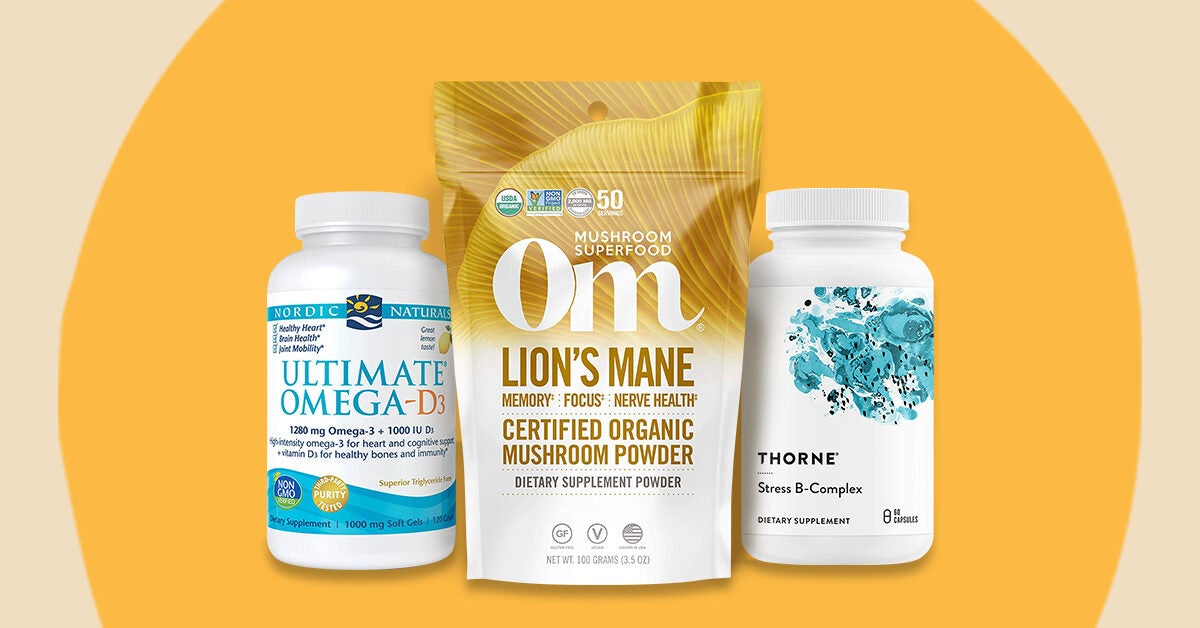A Comprehensive Guide to Natural Allergy Supplements: What You Need to Know

Allergic reactions are a prevalent issue impacting a significant global population. While traditional medicines provide solutions, an increasing number of people are gravitating towards natural allergy aids to adopt a more comprehensive strategy in addressing their symptoms. In this blog, we will delve into natural allergy aids, examining their advantages, variations, factors for caution, and methods of assimilating them into your allergy care regimen.
Benefits of Natural Allergy Supplements
Natural allergy supplements offer several potential benefits for those seeking an alternative or complementary approach to managing allergies:
- Reduced Side Effects: Unlike conventional medications, natural supplements often have fewer side effects, making them a preferred option for individuals seeking to minimize adverse reactions.
- Holistic Approach: Many natural supplements work with the body’s natural mechanisms to address underlying causes of allergies, aiming for long-term relief rather than symptom management.
- Immune System Support: Some supplements, such as quercetin and vitamin C, have been shown to modulate immune responses, potentially helping to prevent exaggerated allergic reactions.
- Minimal Chemical Exposure: Many natural allergy supplements are derived from plant-based sources, minimizing exposure to synthetic chemicals and artificial additives found in some conventional medications.
Common Types of Natural Allergy Supplements
The ability of many natural supplements to reduce allergies makes more people prefer them. Find below the standard type you should know about:
- Quercetin: A flavonoid found in various fruits, vegetables, and herbs, quercetin has been studied for its anti-inflammatory and antihistamine properties.
- Vitamin C: This well-known vitamin supports the immune system and acts as a natural antihistamine, helping to control allergic reactions.
- Omega-3 Fatty Acids: Found in fish oil and flaxseed, omega-3s possess anti-inflammatory properties that may ease allergy-related inflammation.
- Herbal Supplements: Traditional medicine has used Butterbur, nettle, and other herbs for centuries to alleviate allergy symptoms.
Considerations and Precautions
Consider the following before introducing natural allergy supplements into your regimen:
- Consult a Healthcare Professional: Always consult a healthcare provider before starting any new supplement regimen, especially if you have underlying health conditions or are taking other medications.
- Quality and Dosage: Choose high-quality supplements from reputable brands. Follow recommended dosage instructions to avoid potential adverse effects.
- Potential Interactions: Natural supplements can interact with prescription medications. Discuss any supplements you plan to take with your healthcare provider to prevent adverse interactions.
Incorporating Natural Allergy Supplements
Here’s how you can effectively integrate natural allergy supplements into your allergy management plan:
- Consultation: Start by consulting a healthcare professional who can guide you based on your specific allergies, health status, and needs.
- Personalized Approach: Work with your healthcare provider to select supplements tailored to your allergies and overall health goals.
- Balanced Lifestyle: Remember that supplements should complement a healthy lifestyle, including a balanced diet, regular exercise, and proper sleep.
Natural allergy supplements offer a promising avenue for managing allergies holistically and personally. However, their effectiveness varies from person to person. By understanding the benefits, types, precautions and how to incorporate them wisely, you can make informed decisions to support your journey toward allergy relief. Always prioritize open communication with your healthcare provider to ensure a safe and effective approach to managing your allergies naturally.
